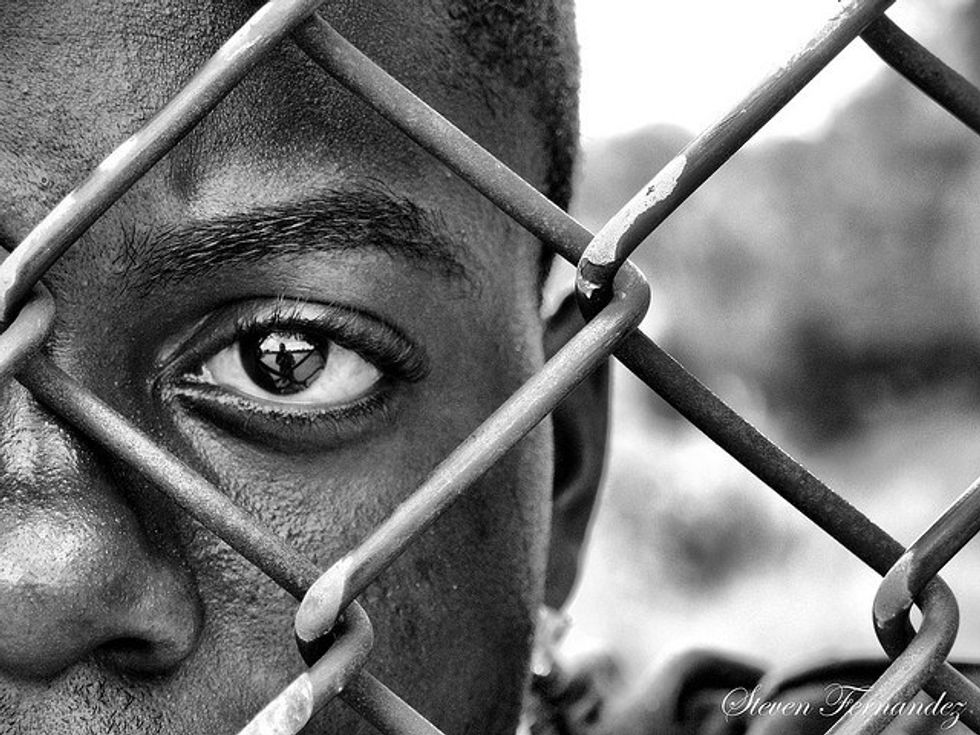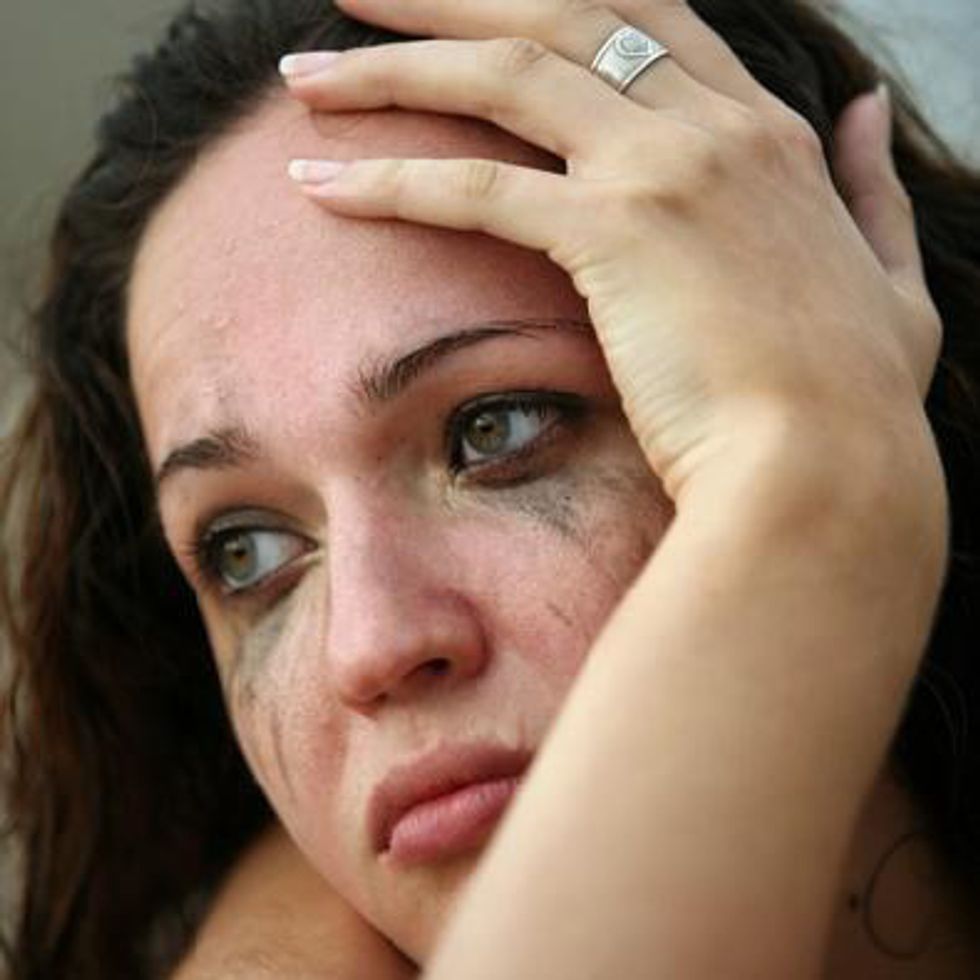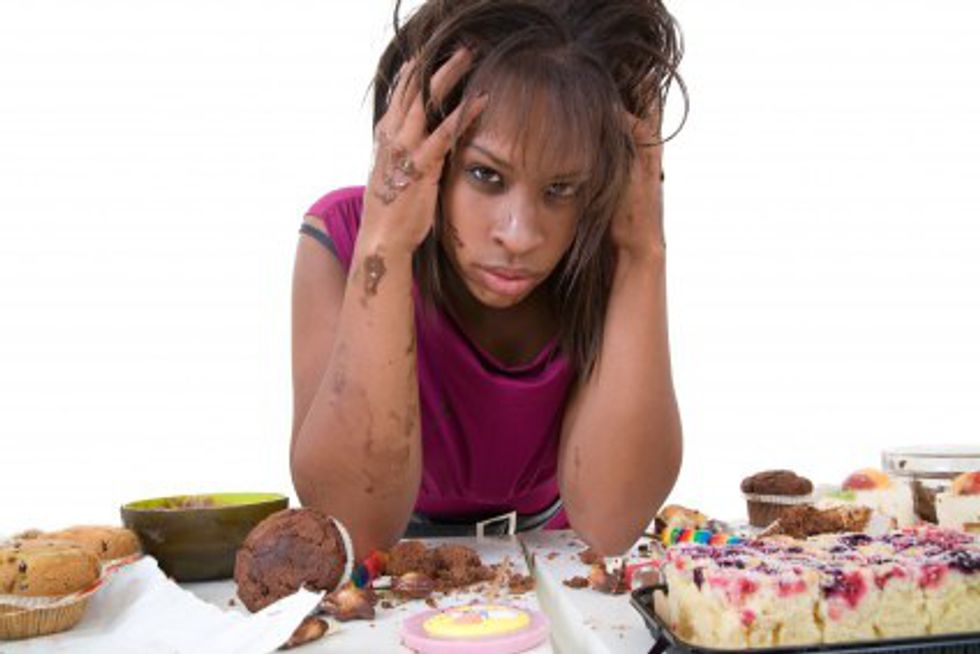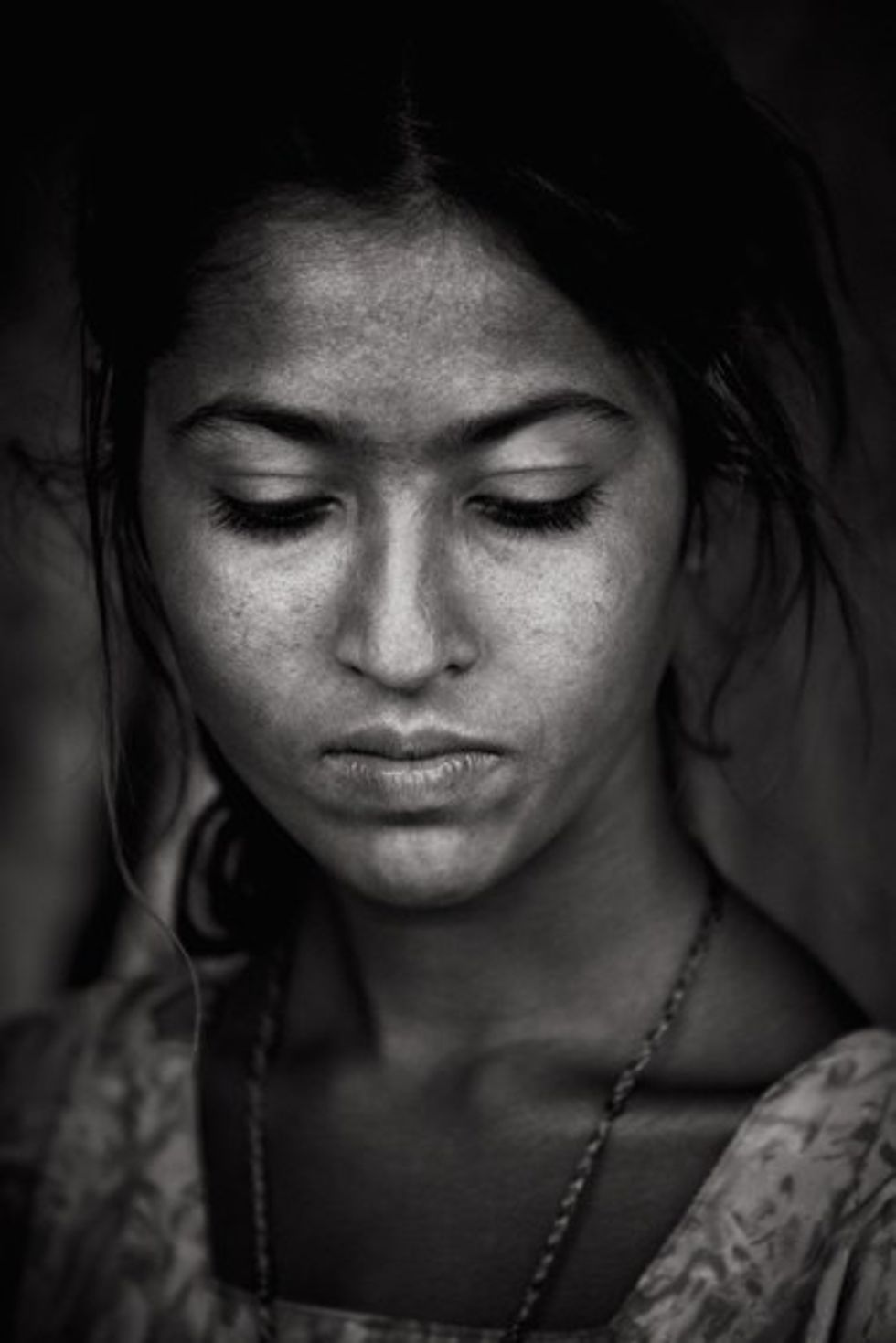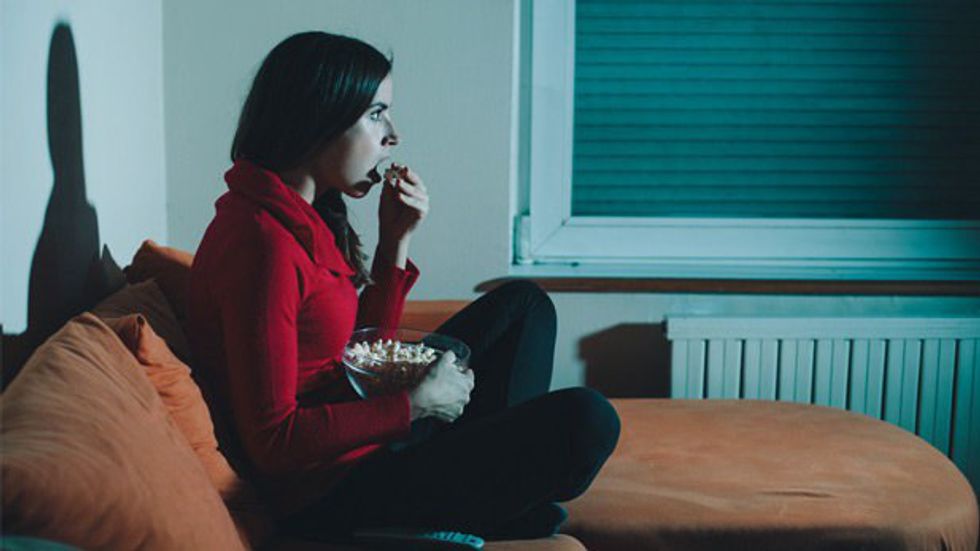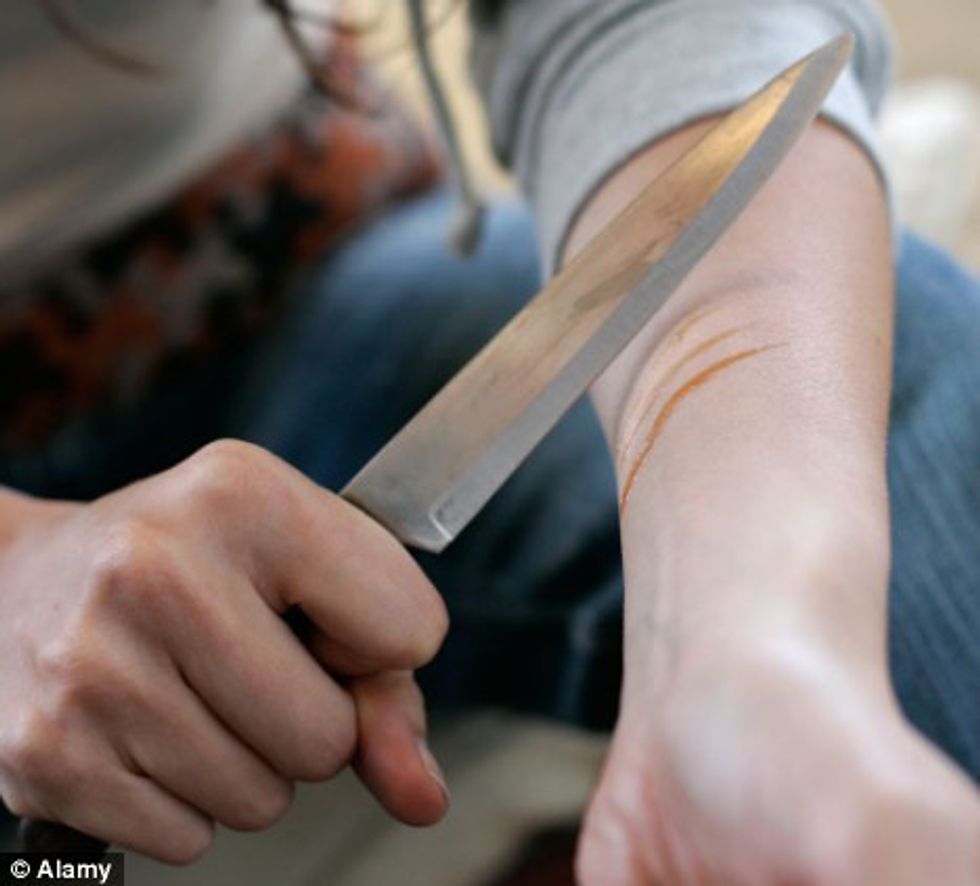I was diagnosed with an anxiety-depressive disorder my first semester of college. At the time, I felt as if I couldn’t live with the label after it became official, but looking back I am glad I found out the truth. All of my life I thought depression as a disease was a joke. That people who were chronically depressed must be selfish or too weak to get over themselves. I think I initially thought this because I always knew I had it. Every time I would cry uncontrollably, or fail to get out of bed my friends and family would always look at me with helplessness in their eyes. I wanted so much for them know that it wasn’t their fault. That I didn’t know why I couldn’t get out of bed that day or why I couldn’t stop crying or why nothing they said comforted me. Learning about my disorder gave me direction and taught me how to live independently despite the burden. If you suspect you may have a depressive disorder, don’t lie to yourself to stay “normal” or “independent.” And here are some signs to tell if you’re depressed or if you have depression.
1.Sleep. You can’t get enough of it.
It’s normal to be tired during college years, but not to the point that you are unable to function or keep up with everyday life. Sometimes I found it nearly impossible to get out of bed and go to class. I would sleep through my alarms and sometimes skip class because I just couldn’t find the strength or the motivation to face the day. In the end, it was so much easier to hide from my problems from under my covers.
2.You feel pain AND numbness
With depression you can experience extreme emotional pain or numbness. Sometimes within the same day. There were days when I would have to run to a bathroom stall and cry my eyes out because I couldn’t keep the excess emotion to myself and I didn’t even know what I was sad about! Other times I would feel so numb towards my loved ones or towards life that I would remain expressionless and lethargic for weeks. The way you can tell it is depression is the excess of emotion and the duration of that emotion. It’s normal to feel pain and to cry even if you don’t know why, but when you can’t control yourself or stop yourself and it goes on and on and on, then you need to ask for help.
3.You cry and you don’t know why
Crying excessively and not knowing why I was crying was probably the most infuriating symptom I’ve had to deal with my whole life. I. hate. Crying. I hate it with every fiber of my being. I’m a very happy person and laughter is my drug. So for me to cry excessively is my worst nightmare. But the frightening part was not feeling bad — it was not being able to stop. I would cry for hours at a time, feeling lost and confused and just be in pain without knowing why. If you find yourself crying excessively and not knowing why, here’s a possible reason: you may have depression. Your tears are not meaningless, stupid, frightening. Your body is telling you something. Listen to it.
4.Your appetite becomes unpredictable
This changes from person to person, but I’ve experienced both. When I was in middle-school my depression manifested itself in overeating resulting in weight gain and self-image issues. But when I came to college it completely switched — I stopped eating. I lost twenty pounds and saw bones I didn’t know I had. I found out that starving one’s self is a form of slow suicide. Somehow I managed to convince myself that I didn’t deserve to eat to the point my body literally rejected anything I put in my mouth. If you notice that your eating habits have drastically changed, take notice and ask yourself why this might be.
5.You avoid eye contact
When my depression was especially strong I found I couldn’t look anyone in the eye. My chin was perpetually glued to my chest and my eyes never strayed from my shoes. My hair served as a curtain to hide my tear-stained cheeks from those I loved and respected. I must’ve looked pretty pathetic because random strangers would stop me and ask, “Are you ok?”
6.You avoid all human interaction
I am naturally introverted as a person, but it got to a point where I would always get my food to-go and hide in my dorm room hoping no one would knock on my door, call me or text me. I didn’t want to see anyone or talk to anyone. I wanted to be alone in my horror. But isolation only drives you to a darker place and it is ultimately what forced me to seek help.
7.You are tempted to self-harm
I recommend you find help well before this stage since it only gets worse from here, but even if you find yourself here do not think you are beyond help. If you find you are tempted to harm yourself in any way (starvation, burning, cutting, etc.) do not be ashamed. It’s not your fault. Tell someone you trust and let them help you be brave enough to find the help you need. I was a cutter, but now I’m survivor. It’s all a matter of perspective.
Wherever you may find yourself, do not think for one moment that you are alone. Far from it. There are so many people in this world that suffer in silence with their depression. You are not alone and you do not need to face this alone either. Before looking for the help you need, first tell someone you trust. Someone you know will help you see this through. Then seek out a medical professional (preferably a psychiatrist) who can accurately diagnose you and get you the medication that you need as well as monitor your reaction to the medication. I’m not going to lie, it’s a long and frightening journey, but it's one that leads you to the person you already are. But it starts with you. No one can make these decisions for you. They can make them with you and support you, but you are ultimately the one who takes back your life. Please, please, try. If not for yourself, then for those who love you. Despite what you may believe, you are more than worth it.





